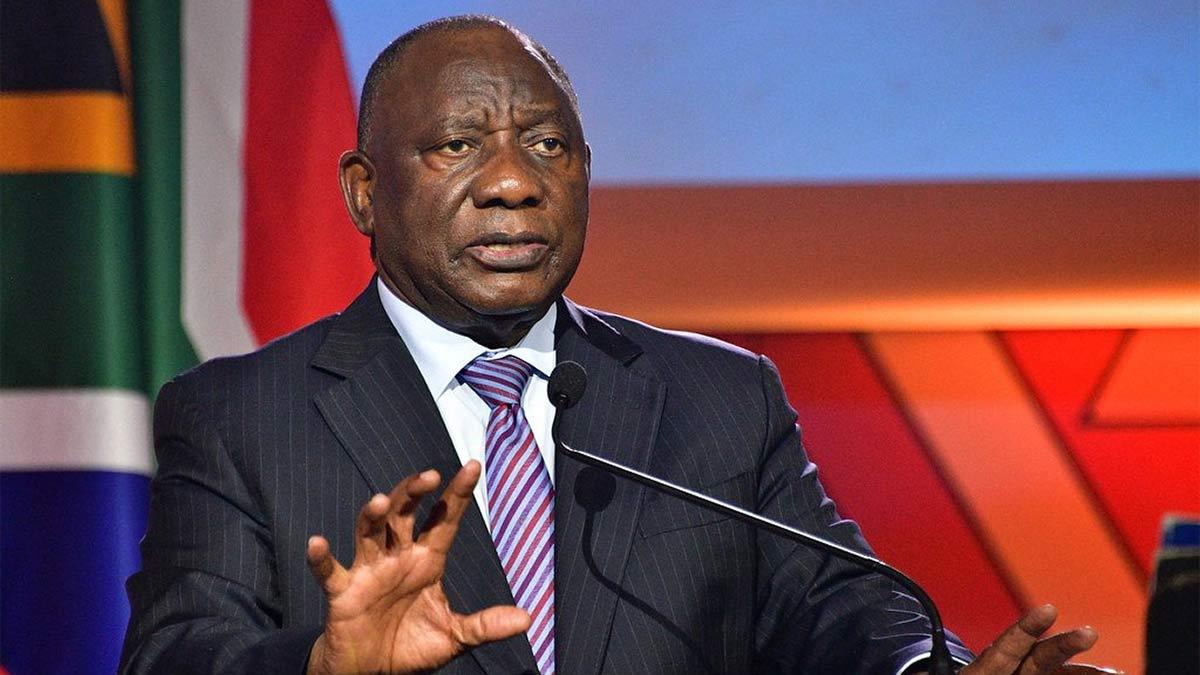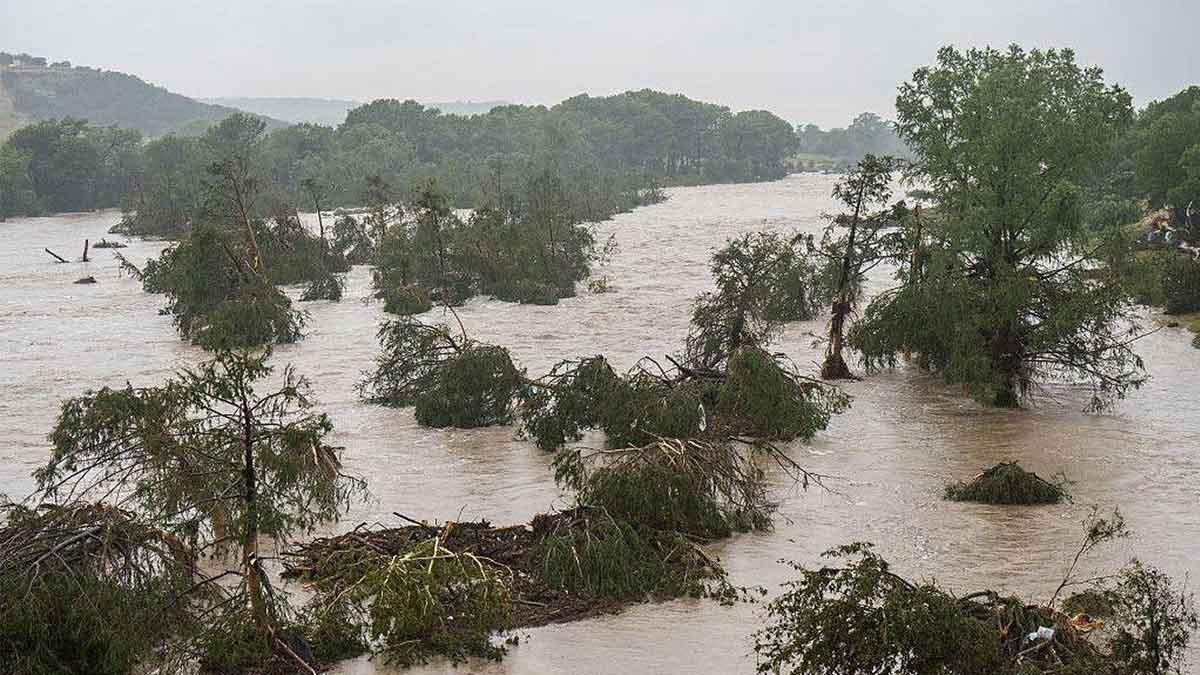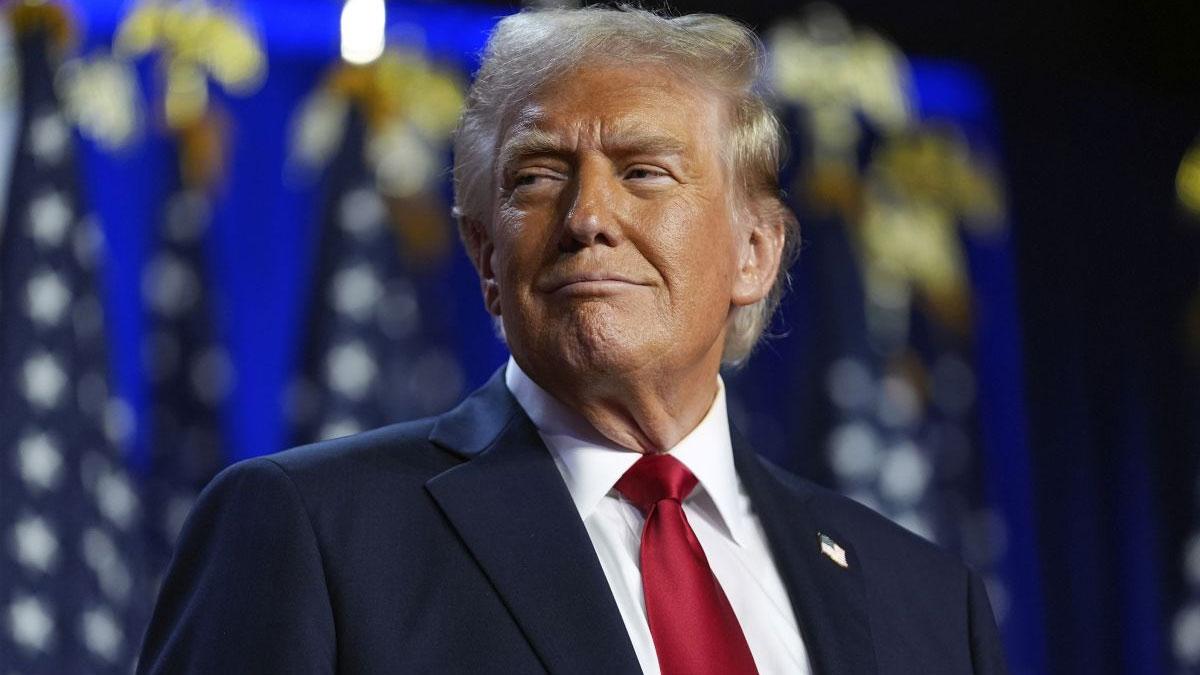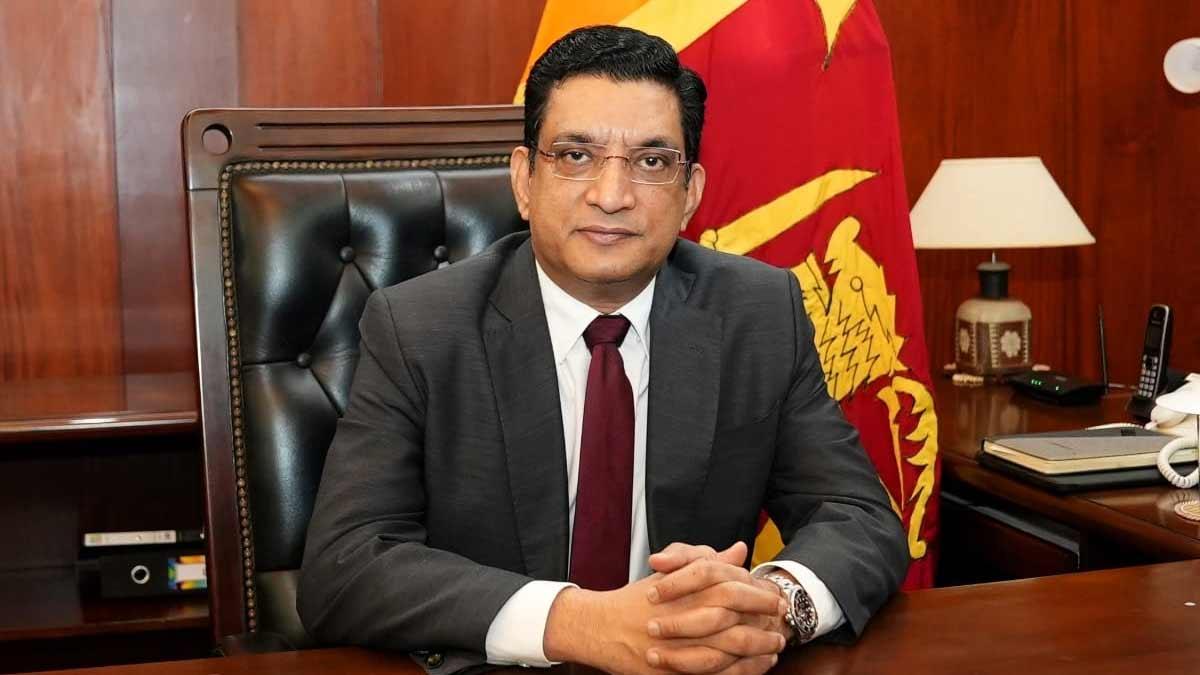South Africa's President Cyril Ramaphosa has played down the forced departure of Ambassador Ebrahim Rasool from the United States as "just a hiccup" in the two nations' diplomatic relationship. Ramaphosa said so on Monday afternoon in an off-the-cuff remark to journalists, his first public statements since U.S. Secretary of State Marco Rubio made Ambassador Rasool "persona non grata" on Friday.
The ouster followed after Rasool attended a discussion that morning, organized by the South African NGO, the Mapungubwe Institute for Strategic Reflection.
During the forum, Rubio was angered by Rasool's remarks regarding U.S. politics, leading him to declare Rasool's ouster from the U.S. even before diplomatic procedures had been initiated.
In a tweet on the social media website X, Rubio called Rasool a "race-baiting politician who despises America and despises @POTUS," going on to say that the South African ambassador was "no longer welcome in our great nation."
In his speech, Rasool had denounced U.S. President Donald Trump's "Make America Great Again" (MAGA) campaign as based on "supremacism." He implied that Trump's campaign was a reaction against incumbency, using supremacist language to fight back against demographic change in the U.S. He noted that, with the increasing diversity of the U.S. electorate, the nation might soon witness a majority of minority voters.
As the row escalated, South Africa hummed with the news, but the government adopted a cautious approach, not fully coming to the defense of Rasool. Some of his diplomatic colleagues privately complained in private, saying that as a former U.S. Ambassador and former Premier of the Western Cape Province, he should have been more tactful.
Notwithstanding this, President Ramaphosa hoped that the matter would be resolved amicably. He recognized that South Africa-U.S. relations have been tense, especially after South Africa referred Israel's conduct in Palestine to the International Court of Justice last year.
Relations further deteriorated after Trump suspended funding to South African health initiatives, which have far-reaching consequences for the nation, especially concerning the high rates of HIV/AIDS. Furthermore, Trump had also put tariffs on South African imports, and tensions further rose with accusations that South Africa intends to take away land from white Afrikaner farmers, which has been denied by the government. Trump's proposal to resettle white farmers in the U.S. only served to fan the flames.
Despite all this, Ramaphosa was still upbeat about patching things up. He described the Rasool incident as a "hiccup" that the government is working to address, emphasizing the importance of maintaining strong ties with the U.S. “We cannot be blue ticked (ignored) because we’re such an important player to the United States of America; as they are an important player to South Africa," he stated. "From a political point of view, from a trade point of view, and from a whole number of other important points of view.”
Ramaphosa affirmed that Rasool would be back in South Africa shortly, as the U.S. State Department had deemed him no longer acceptable in the country.
He also stated that Rasool would report to him upon his return, and the South African government would discuss with the U.S. on this issue. "We have seen the annoyance that has been caused by the United States, specifically regarding the statements he made," Ramaphosa added, pointing out that South Africa is already engaged in talks with the U.S. through several avenues, such as business, labor, and government officials.
Ramaphosa reaffirmed that enhancing relations with the U.S. is a priority for South Africa, particularly since the U.S. is the nation's second-largest trading partner after China. He confirmed that the government is committed to making sure that relations with the U.S. are put on firm footing in the future.
Read also| Trump Announces Release of 80,000 Unredacted JFK Assassination Files Today


















